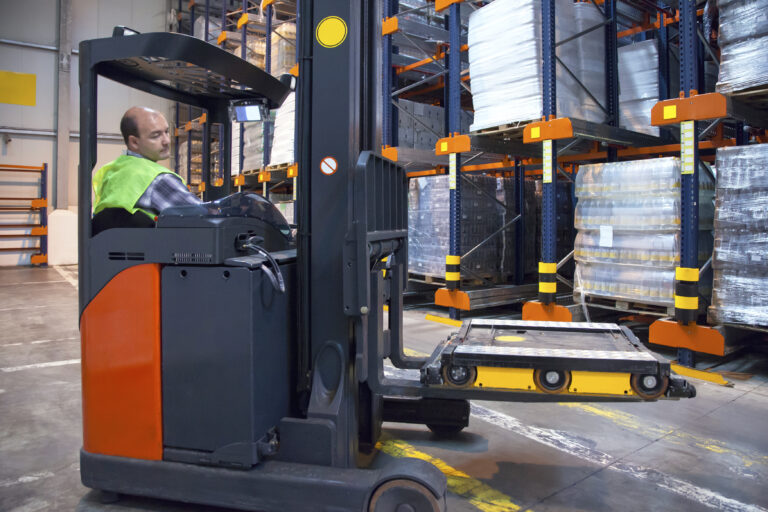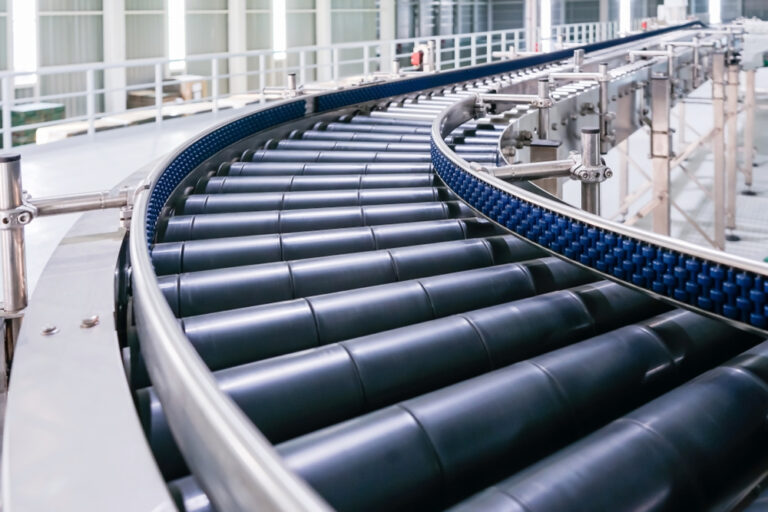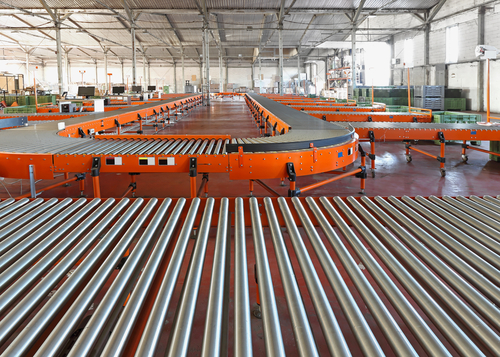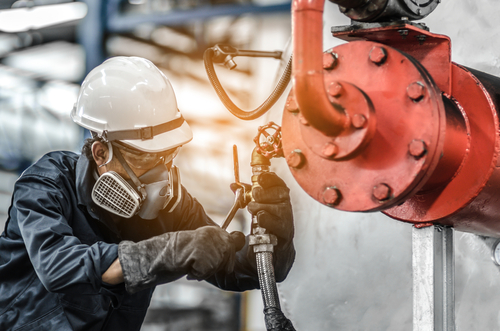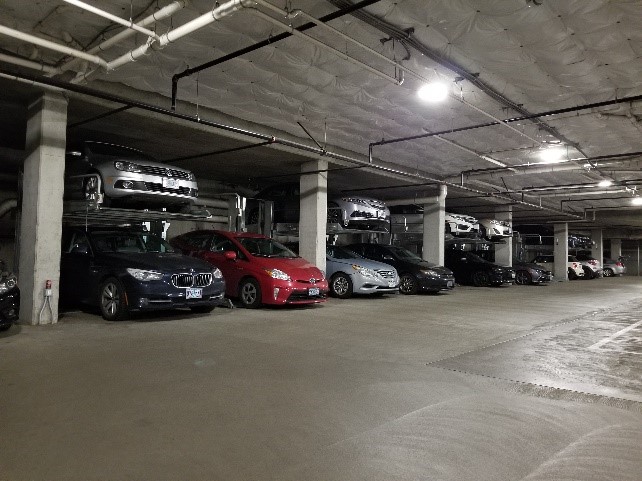At Mathews Mechanical, we understand how important it is to find the right crane for your project. With years of experience designing, installing, inspecting, maintaining, and servicing cranes, we’ve seen them all and are committed to helping our customers find the proper crane.
From gantry cranes to jib cranes, bridge cranes and more, there are numerous cranes to evaluate for your job. How do you find the right one for your needs? And what’s important to consider?
Take a look at these important pieces to consider in the crane selection process and what comes after you’ve found the right fit.
Four Essential Aspects in the Crane Selection Process
- Location
If you’re looking for a crane system to sit stationary inside your warehouse, a workstation bridge or jib crane might work best. On the other hand, if portability is important, there are lightweight gantry cranes that can support your project. We’ve installed countless cranes for use within a warehouse. “Gantry cranes are great because they’re fully mobile, therefore requiring less infrastructure,” says Mathews Mechanical General Manager Jared Mathews. “They require less of a permanent investment than larger, permanent systems.” Gantry cranes offer up to a 15-ton lifting capacity and beyond, but are completely mobile, which makes them a more versatile choice.
- Weight Capacity
In order to be effective, you need a crane with the lifting capacity of your loads. While using a high-capacity crane may seem like a catch-all for loads of all sizes, using it for small loads can waste time and money. On the other side of the equation, a low-capacity crane for large loads can cause workplace accidents. Selecting the right size for your loads is essential.
- Height
Just as important as the weight is the height of your loads. The length of the crane will need to fit the size of your loads. When determining the height of our crane, it’s important to take the height of the load being lifted into consideration, to ensure the crane can lift the intended load over any obstacles and into its intended position safely.
- Movement
Cranes can be chosen by the type of movement capabilities you need. “Would you prefer manual move or power travel?” Jared asks. “Do you want to push it by hand or by controller?” If the way you move your crane makes a difference, you’ll want this qualification to be a top priority.
Here at Mathews Mechanical, we want to make sure our customers end up with the right crane for their needs. “It’s all about understanding the application for the customer and helping them decide whether a gantry crane or overhead bridge crane is right,” Jared explains.
Crane Assembly and Installation
Once you’ve chosen the right crane for your project, it comes time for crane assembly and installation. While this step in the process can be a big step, it doesn’t have to be one you go after on your own. “We assemble and install a number of crane brands from Demag to GORBEL and SPANCO,” Jared shares. “In some cases, we’ll also modify or customize cranes for individual customers.”
Our expert installation teams are prepared to meet your crane installation goals. From start to finish, your team of Mathews Mechanical installers manage crane projects and follow up to ensure satisfactory project completion.
Let’s explore several types of cranes we regularly install:
- Jib Cranes: Jib cranes are floor mounted cranes with a rotating jib arm, which offer lifting assistance within radius of the jib arm.
- Bridge Cranes: Bridge cranes offer flexibility with the ability to be ceiling mounted, freestanding/floor mounted, or hybrid. With travel on a runway or bridge, these cranes deliver lifting assistance within the crane runway (the rails, beams, brackets, and framework on which a crane operates) or bridge.
- Gantry Cranes: Typically mounted on the floor, gantry cranes traditionally travel on wheels the length of a track (or without a track) to enable lifting assistance.
Crane Maintenance and Repair
How will you care for your crane after the installation is complete? In order to stay compliant with OSHA standards, as well as ensure safety for those who operate the crane, maintaining safety features is important for the entire life of the crane. That’s why at Mathews Mechanical we offer preventative maintenance service agreements to prevent issues before failures occur. Our customers love maximizing up-time and reducing mechanical breakdowns.
The industrial maintenance team at Mathews Mechanical saves our customers valuable time and money by maintaining equipment on a recurring schedule.
Our team has spent years honing expertise in designing, installing, and servicing cranes. With professional services to load test, inspect, and custom fabricate cranes and lifting systems, we’re here to assist you with your important project. Click here to learn more about our crane services and start a conversation about your needs. And crane services are only the beginning of all we offer at Mathews Mechanical. Our line card details all the ways we can serve you!

